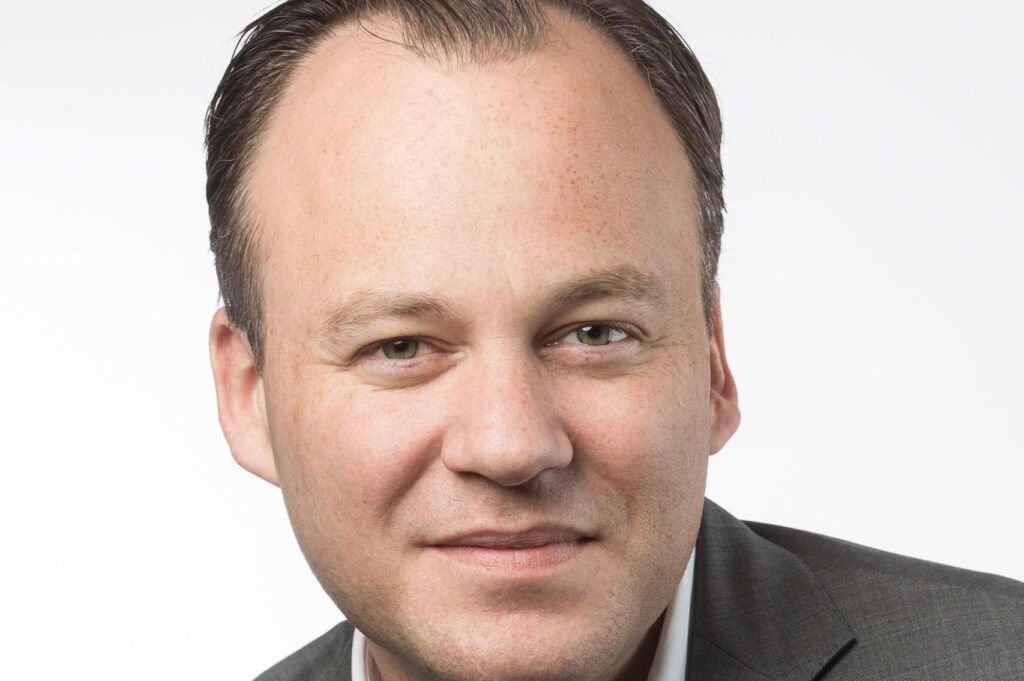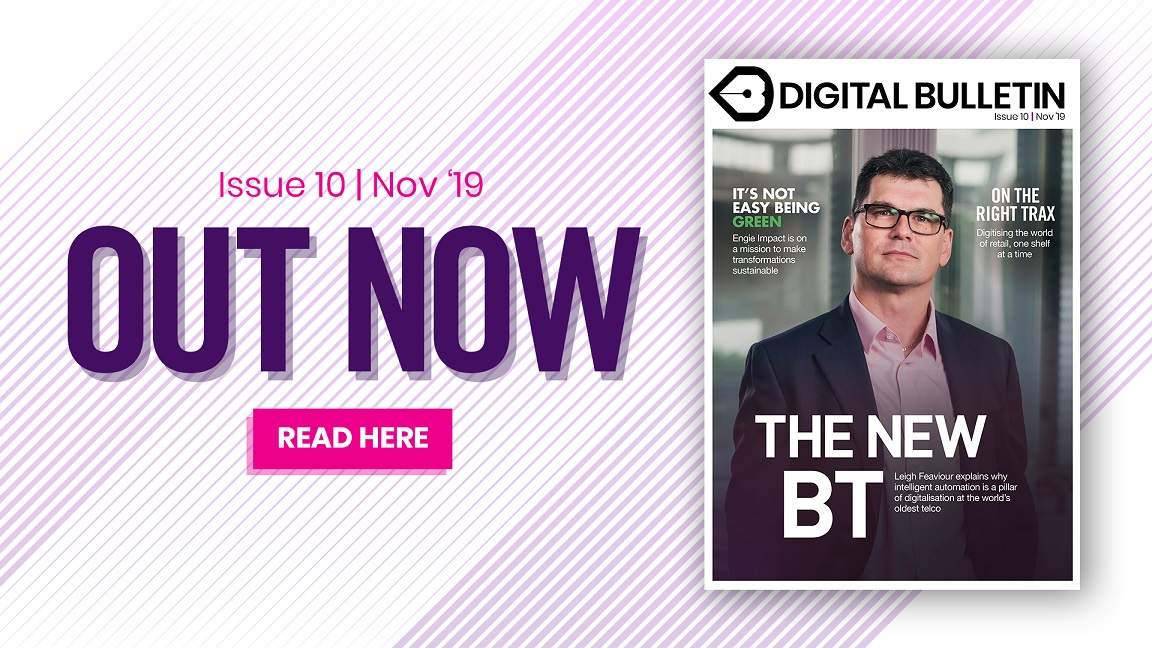
There is broad agreement that reversing the climate crisis is the biggest challenge we as a society face, and enterprise has a significant role to play. It is critical that the technology transformations reshaping industries are sustainable ones. There is no longer any doubt that things must change – that message has well and truly landed – but achieving that change is proving a far tougher nut to crack.
The figures do not make for pretty reading: in excess of 500 companies have made public commitments to sustainability targets in accord with the Paris Agreement, with an increasing amount targeting a zero-carbon objective. More than 90 of the world’s largest cities have joined C40, a network of the world’s megacities committed to solving climate change, and New York City recently signed the world’s most ambitious carbon reduction plan.
But achieving near-term results has been difficult, while long-term business and environmental threats remain: statistics show that just 15% of those committed companies are on track to achieve these targets and businesses report to have identified over $1 trillion in risk related to climate change.
It is against this backdrop that Engie Impact was formed earlier this year, built from the combined forces of ENGIE Insight, Ecova UK, Red Engineering and the Advisory and Advanced Analytics division of Tractebel. Its mission is to work with corporations, cities and governments around the world to drive sustainability strategy development, execution and tracking to accelerate sustainability transformation.

While it is a new company, Engie Impact is no startup. The amalgamation of four existing entities means that today it has a portfolio of 1,000 clients, including 25% of the Fortune 500 Companies, and sits under the umbrella of the Engie Group – one of the world’s leading energy companies.
The man charged with heading up the new company and delivering its vision of embedding sustainability from the top down is Mathias Lelievre, who originally joined the company as Director of Green Mobility and the group CEO’s Head of Staff, before taking on the position of CEO of Engie Insight.
Speaking from the company’s HQ in New York, Lelievre says it took some convincing to leave his position in the public sector, working in a senior role for the French Ministry of Economy and Finance, but was swayed by Engie’s “vision” and ambitions of its leadership team. Lelievre pinpoints three factors that he believes makes Engie uniquely positioned to spearhead an energy and sustainability revolution.
“One of the main things that makes us different is the scale. We have around 150,000 people working all around the world for us, so that puts us in a category with very few other companies that have the global reach to make a real impact,” he comments.
“We are also able to be completely authentic in the translation of the strategy into action. The first years of the transformation of the group was really around aligning our portfolio and activities to what we believe is core to this energy revolution that is happening.
“We exited the oil industry to the tune of $22 billion, and between 2015 and 2018 reinvested that into renewable services and networks. We believe these are the pillars that need to be developed to make the world a more sustainable place.
“Thirdly, I would point to the footprint we have in the services area. We have around 110,000 people that can directly manage clients’ energy efficiency. That’s pretty unique in the energy world.”
As with any transformation, success relies heavily on unequivocal buy-in from the C-suite, which then needs to be expertly communicated to the rest of the business or organisation. And there is no doubt that more companies, cities and governments are putting sustainability at the heart of their short, medium and long-term strategies.
But the path to carbon neutrality is a hugely difficult one to navigate. Lelievre says that a key expectation for Engie Impact is to work with decision makers in major and hypermajors to help them really understand how to make a transformation sustainable, while also ensuring the organisation thrives during the interim period.
“The kind of projects we are doing are happening at a very local level, so that’s streamlining of processes, renewable projects, water conservation, etc. and to do that effectively you have to understand local regulations and procedures, and be able to access local sites and facilities,” he comments.
“Those are really important in turning ambitions into reality, and that is something we can really help our clients with, we can help them navigate all of these complexities and help those very large corporations make sustainability happen, which is hugely valuable.”

It is a compelling proposition and one that GE Renewable Energy is betting on to help meet its aggressive zero-carbon goal by 2020, which it wants to achieve by leveraging solutions that include energy efficiency in its facilities worldwide and transitioning to 100% renewable electricity.
To help meet that goal, Engie Impact will work closely with GE Renewable Energy on strategic and technical consulting and implementation support to ensure GE Renewable Energy’s sustainable future.
“Corporations like GE Renewable Energy are leading the charge in accelerating the global sustainability transformation,” says Lelievre.
“By implementing a zero-carbon strategy, GE Renewable Energy is not only making an important environmental impact but also reducing energy costs, increasing energy efficiency and encouraging employee engagement and advocacy.”
While Engie Impact already counts many of the world’s leading companies amongst its clients, it is betting on many converging factors to swell its client base and push sustainability deeper into public consciousness.
“There are a number of reasons we are seeing this sustainability transformation taking place, including increasing pressure from stakeholders and a younger generation of people who are taking this subject very seriously. They see the speed of climate change and are demanding that something is done quickly,” says Lelievre.
“At the same time, we are seeing the maturity of technologies such as EVs, the cost of solar has declined significantly, and holistic energy is progressing well – that has all changed the way people think about sustainability. Business leaders see this and the conversation now is less about costs, but about how investments can be made to drive meaningful change.
“That’s the goal of a Engie Impact, to bring all the capabilities and the digital tools to empower those leaders and make sure they are navigating that complexity, and making the right decision for their organisations.
“We believe that the momentum is increasing. We want the words ‘sustainability transformation’ to be in the minds of every leader in the world.”



